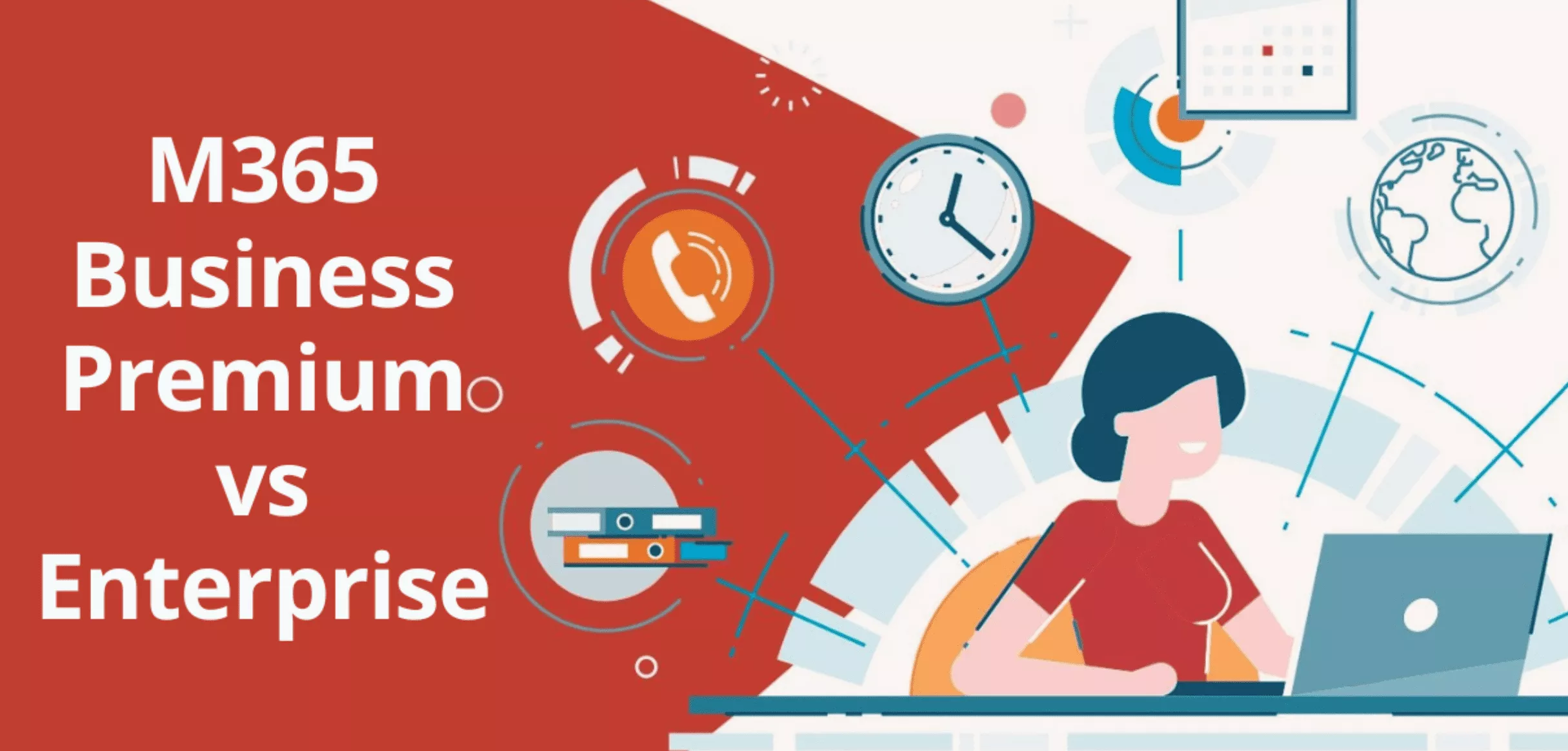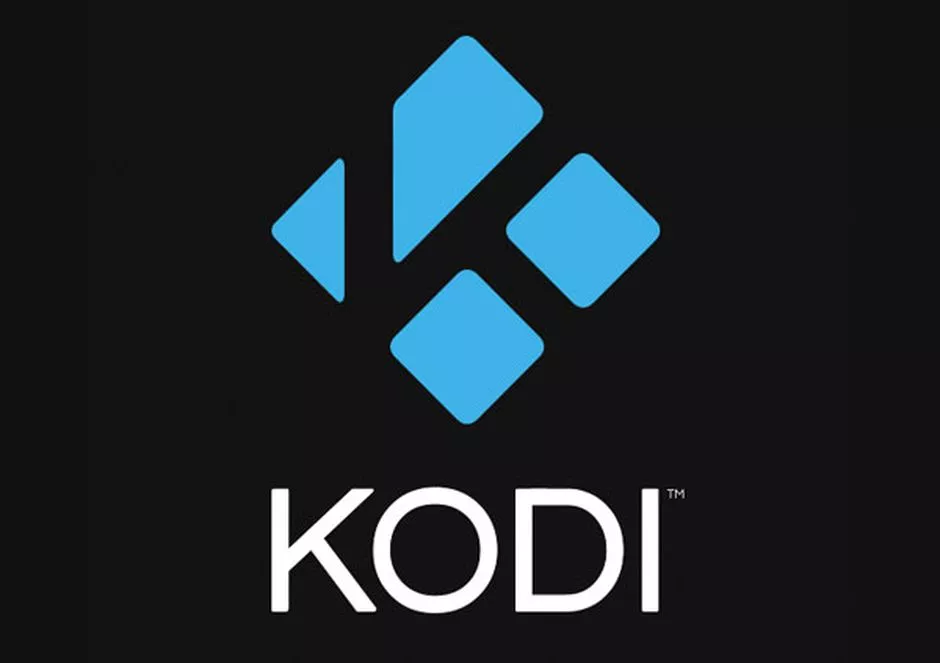As enterprises endeavor to remain agile and effective in the fast-paced digital landscape, Microsoft 365 stands tall as a solution at the heart of corporate transformation. But, with its multiple suites available, the real challenge for many is navigating the choice between Microsoft 365’s Business and Enterprise editions. This article sheds light on the subtle and pronounced differences between the two, enriched with insights from industry veterans and use-case examples.
Kenny Riley of Velocity IT in Dallas observes, “We’re in an era where adaptability and forward-thinking are key. Microsoft 365 isn’t just a suite of tools; it’s a dynamic solution that needs to be calibrated to each organization’s unique needs and vision.”
Dissecting the Dichotomy:
1. Features and Capabilities: While both Microsoft 365 Business and Enterprise come with stalwarts like Word, Excel, and Teams, the distinction becomes apparent when you consider scalability and additional features. The Business edition, optimal for up to 300 users, emphasizes the essentials. In contrast, the Enterprise suite, conceptualized for large organizations, incorporates advanced tools such as Power BI, Power Apps, and specialized security protocols.
Ed Anderson from Dyrand Systems in Vancouver shares a compelling case. “We recently facilitated the integration of the Enterprise suite for a Vancouver-based tech startup. The result? They capitalized on advanced analytics, enabling them to forecast market trends and stay two steps ahead of the competition.”
2. Pricing Structure: The Business suite has monthly plans ranging from $6 to $22 per user, catering primarily to SMBs. With its eyes set on expansive corporates, the Enterprise suite has pricing brackets starting from $36, but it packs many services to justify the price tag.
3. Support and Service Level Undertakings: Committing to a stellar 99.9% uptime for both, Enterprise, however, ups the ante with its financial-backed SLA for specific services, meaning any service hitches could lead to substantial credit returns.
Riley highlights a use-case: “Velocity IT recently spearheaded a transition for a Dallas-based fintech firm to the Business suite. The robust support, especially during the teething phase, was pivotal in ensuring a seamless migration and operational consistency.”
Anderson reinforces the holistic value of support, stating, “It’s not just about troubleshooting. For a recent project with a Vancouver educational institution, the Enterprise edition’s advanced support transformed their operational blueprint, emphasizing security, compliance, and efficiency.”
Charting the Right Path:
The crux of the Microsoft 365 Business vs. Enterprise debate lies in aligning an organization’s tech infrastructure with its broader vision.
Riley suggests, “Beyond the immediate needs, companies need to visualize their growth trajectory and anticipate the tech infrastructure that will support that ascent.”
Echoing this, Anderson emphasizes, “Tech adoption is about envisioning a future-ready enterprise. It’s a blend of strategy and the right tools.”
For enterprises poised for a transformative cloud journey, the crux lies in making informed and strategic choices.







